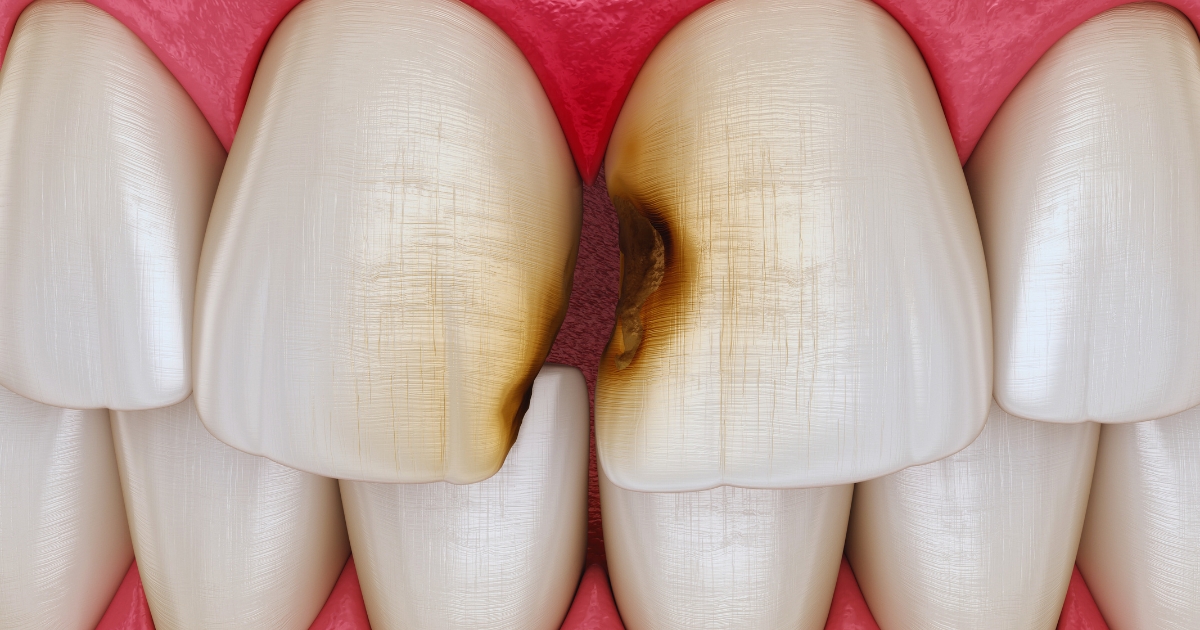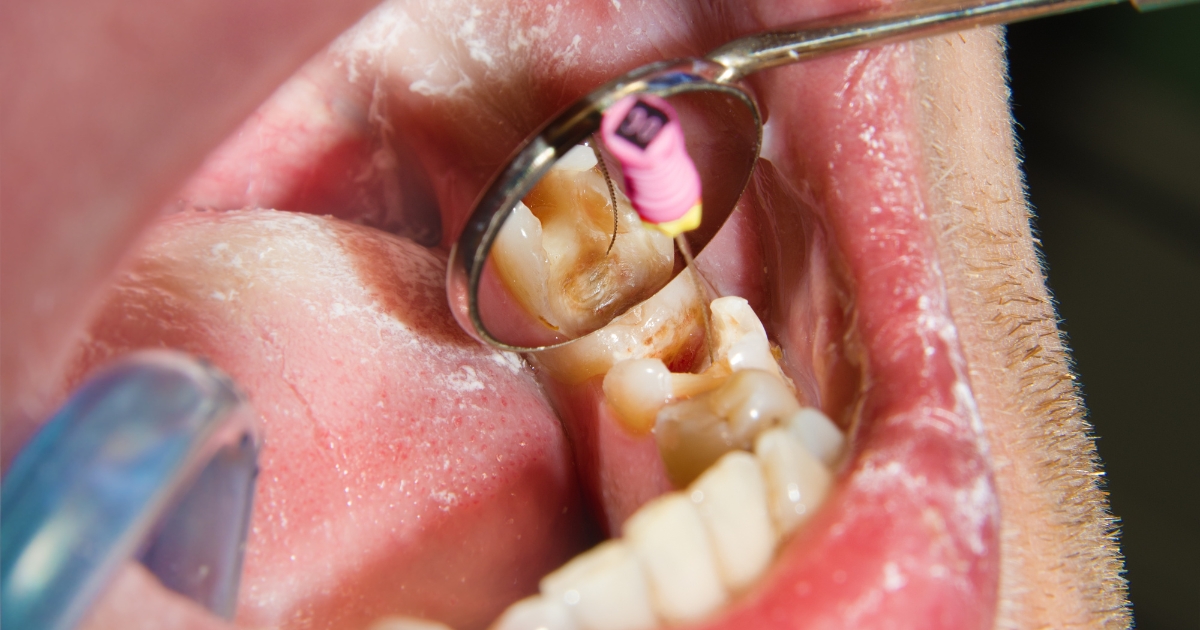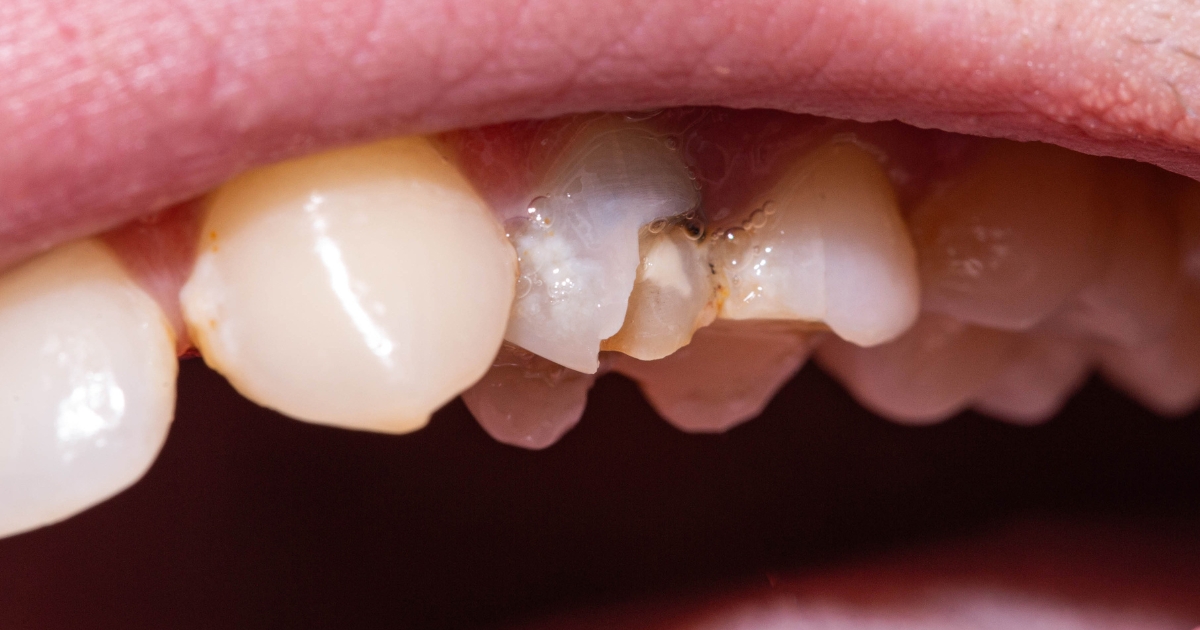Call Us Today 817-737-7668

Tooth pain that refuses to go away can signal something serious. It can be a symptom of an abscessed tooth. An abscessed tooth results from a bacterial infection that causes intense tooth/gum pain, gum swelling, and even fever. Ignoring treatment at the earliest allows the infection to spread to other parts of your mouth and makes on-time oral treatment necessary. You might be unsure of whom to consult when an abscessed tooth is causing you burning pain and discomfort. Endodontists are your safest bet! They move regular dental care beyond the surface level and focus on infections inside the tooth. They specialize in endodontics, or the treatment of dental pulp, and most cases of abscessed teeth stem from infected tooth pulp.
This blog explores how an endodontist treats an abscessed tooth and why early intervention matters.
Signs That Require an Endodontist’s Attention
Toothache resulting from minor gum irritation can last a couple of days. But this might not be the case for a toothache caused by a tooth abscess. Symptoms that say that you need the assistance of an endodontist in Frisco, TX, in no time include:
- Persistent, throbbing pain that worsens as days go by
- Sensitivity to hot or cold food and drinks
- Swollen gums with pus inside
- A foul taste in the mouth
- Facial swelling or difficulty swallowing
- Fever or fatigue due to infection
Ignoring these signs can cause the dental infection to spread to the jaw, neck, or even your bloodstream.
How Endodontists Diagnose an Abscessed Tooth?
Identifying an abscessed tooth is not so straightforward. But worry not! Endodontists have specialized techniques up their sleeves to confirm an abscess. The diagnostic process may look like:
- Clinical Examination: The endodontist checks for jaw swelling, pus, and gum tenderness.
- X-rays: They help the dental care team identify jaw bone loss or extensive infection around the tooth root.
- Pulp Vitality Testing: It determines if the nerve inside the tooth is still alive. Early detection of abscessed teeth helps you receive precise, timely treatment and prevent oral complications.
Root Canal Therapy: The Primary Solution
Studies show dental professionals perform nearly 15 million root canals every year. Most of them are planned to treat abscessed teeth. The process involves:
- Removing the infected pulp
- Cleaning and disinfecting the canal
- Filling and sealing the tooth
- Placing a crown
When Tooth Extraction Becomes Necessary?
Not all abscessed teeth can be saved. An endodontist may recommend tooth extraction when:
- The infection has severely damaged the tooth structure.
- A root canal procedure may prove a failed attempt
- The surrounding bone shows significant deterioration.
Risks of Delaying Treatment for An Abscessed Tooth
The quicker you get treatment for an abscessed tooth, the better your oral health gets. Otherwise, you might struggle with:
- Jaw bone loss
- Sepsis
- Tooth Loss
- Sinus Infections
A tooth infection demands urgent attention. Knowing how an endodontist treats an abscessed tooth helps patients visualize the treatment procedure clearly. Ignoring symptoms can lead to severe health risks. Seeking treatment early ensures faster recovery and better outcomes. If you suspect an abscessed tooth, schedule a consultation today to protect your smile and health.





